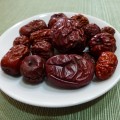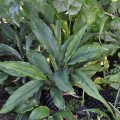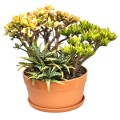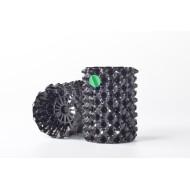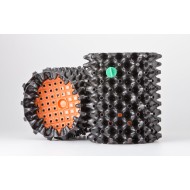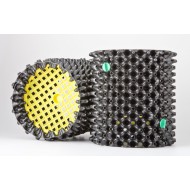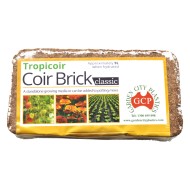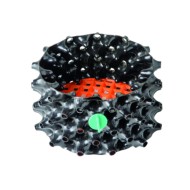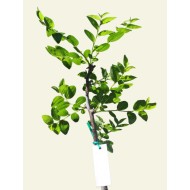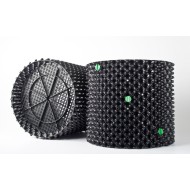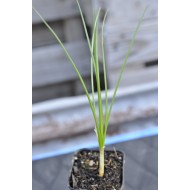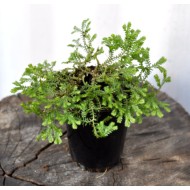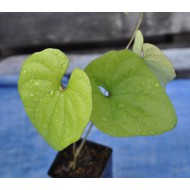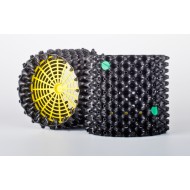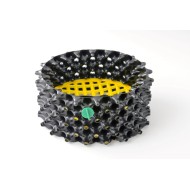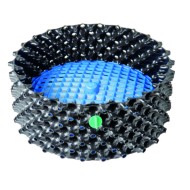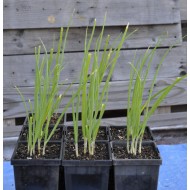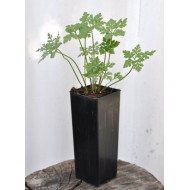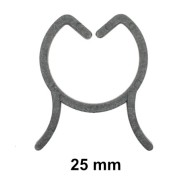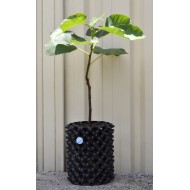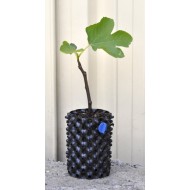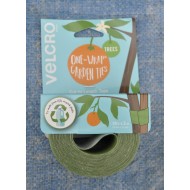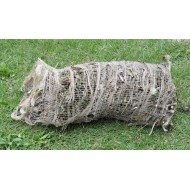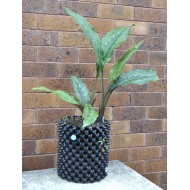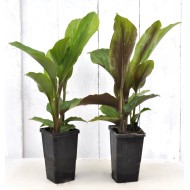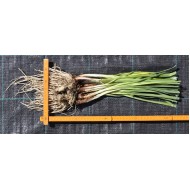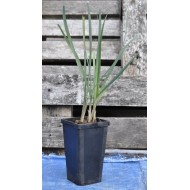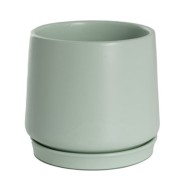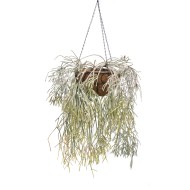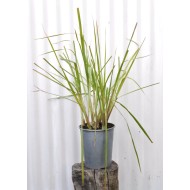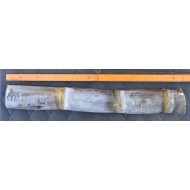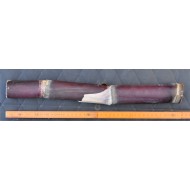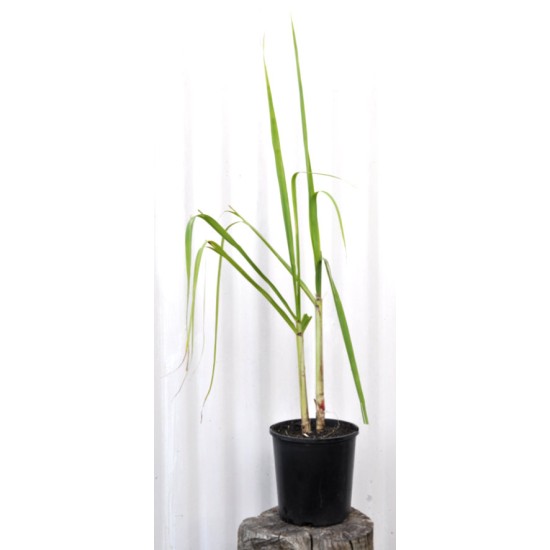
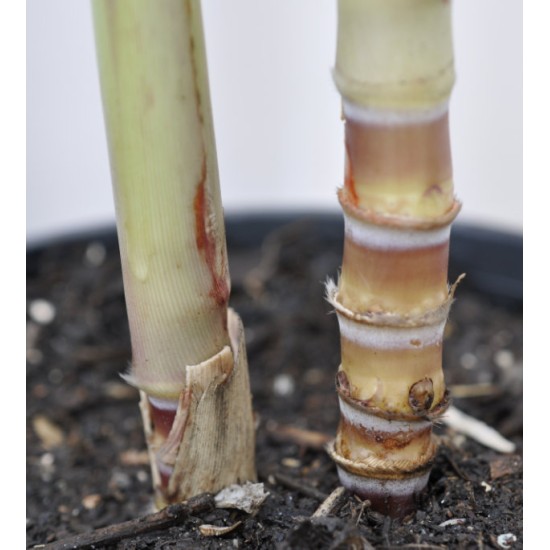
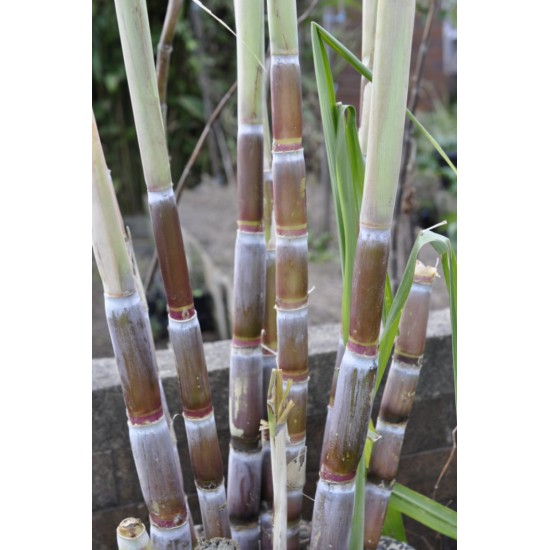
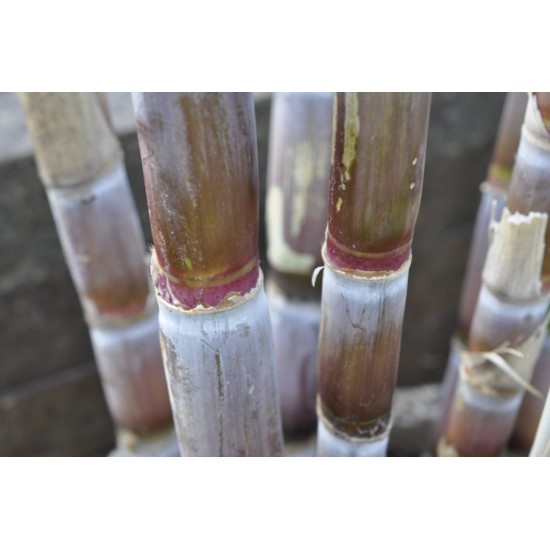




- Stock: Sold - Request Pre-Order
- Model: sugarcane-170mm-pot
Family: Poaceae (the grass family: includes lawn grasses, bamboos, cereals, lemon grasses)
Genus: Saccharum (includes many sugarcanes)
Botanical/Binomial Name: Saccharum sp. Ancestry of this cultivar unknown. Likely to be Saccharum officinarum, but could be a hybrid.
Meaning of Name:
Saccharum, from Latin saccharum (‘sugar’); and
officinarum, from Latin officīnārum (‘of or belonging to an officīna’, the medicinal storeroom of a monastery): an ingredient in medicinal preparations
Common Names: Sugarcane, Sugar Cane
Botanical Characteristics: Herbaceous | Perennial | Evergreen | Frost tender
Propagation: Stem cuttings
Item Description:
PICK-UP ONLY
This is two stems from three stem cuttings planted in one pot, and is the exact item as in the photos.
Dimensions of the pot are 170 mm diameter × 180 mm high. The plants are about 700 mm tall.
Plant Description:
This is a tall perennial clumping grass reaching two metres or more at maturity. The leaves bend over and take on a fountain-look like lemongrass, but much much taller and more visually impressive with its highly ornamental stems!
The mother plant was given to me by a man of Italian descent, but the cultivar is not known unfortunately.
All my mature canes have been cut back so I don’t have any photos of the cascading appearance unfortunately, but photos 3 and 4 show just how attractive the actual canes are. Photo 2 shows this developing on the young plant offered here.
Sugarcane is a C4 plant and one of the most efficient photosynthesisers around. Not too surprising when photosynthesis is the conversion of CO2 into sugars, and this plant is called sugarcane!
Growing Information:
Sugarcane, like so many grasses, is a tough and hardy plant. It will not survive climates with heavy frosts, but is otherwise an easy-care plant which will grow in a range of soils from rubbish to highly fertile.
Regular fertilising will provide the nutrients this fast-growing sugar-factory needs for good health and to produce and store copious amounts of sugar.
This is a clumping perennial with tall, thick ornamental stems like clumping bamboos, and can be grown with similar end-gaols in mind such as screening or an aesthetic clump. I have a mature clump in a 400 mm diameter × 470 mm high concrete pipe to elevate it even higher for more impact again!
Propagation is via stem cuttings with at least two nodes, which can be done in any of three ways:
1. submerse the stem in a glass of water, such that at least one node is permanently covered;
2. plant the stem such that at least one node is covered; or
3. bury the stem shallowly, but fully, and horizontally in the ground. Shoots will arise from all nodes along the stem.
In can take from two week to two months for anything to show, depending on the time of year. If new to this, I’d recommend the glass of water method, partly for your own reassurance the stem is not rotting, and partly because it is so much fun to see the roots developing!
Local pick-up is welcome — we’re in Gwynneville, near Wollongong University.
Pick-up is by mutual arrangement please, as we don’t have a shopfront.
Having said that, we are always here and more often than not can easily fit in with whichever day and time suits you best!
Feel free to suggest preferred pick-up time(s) in the comments box during checkout and we’ll reply as soon as we see the notification.
Especial Note Regarding Large Air-Pot® Orders
Depending on the order, we may suggest that large Air-Pot® orders are best sent directly to you from the warehouse.
Especial Note Regarding Jujube Trees
When posting out bare-rooted jujube trees, we routinely trim them to fit the box and keep postage costs to a minimum. These trees are typically knee-high when planted out, though some may be smaller.
This of course doesn’t apply for pick-ups, and in fact we will set aside the tallest trees specifically for this purpose. These trees can often be hip-high, and sometimes taller again.
Please note that this is not a guarantee, as heights of different cultivars can differ from year to year.


